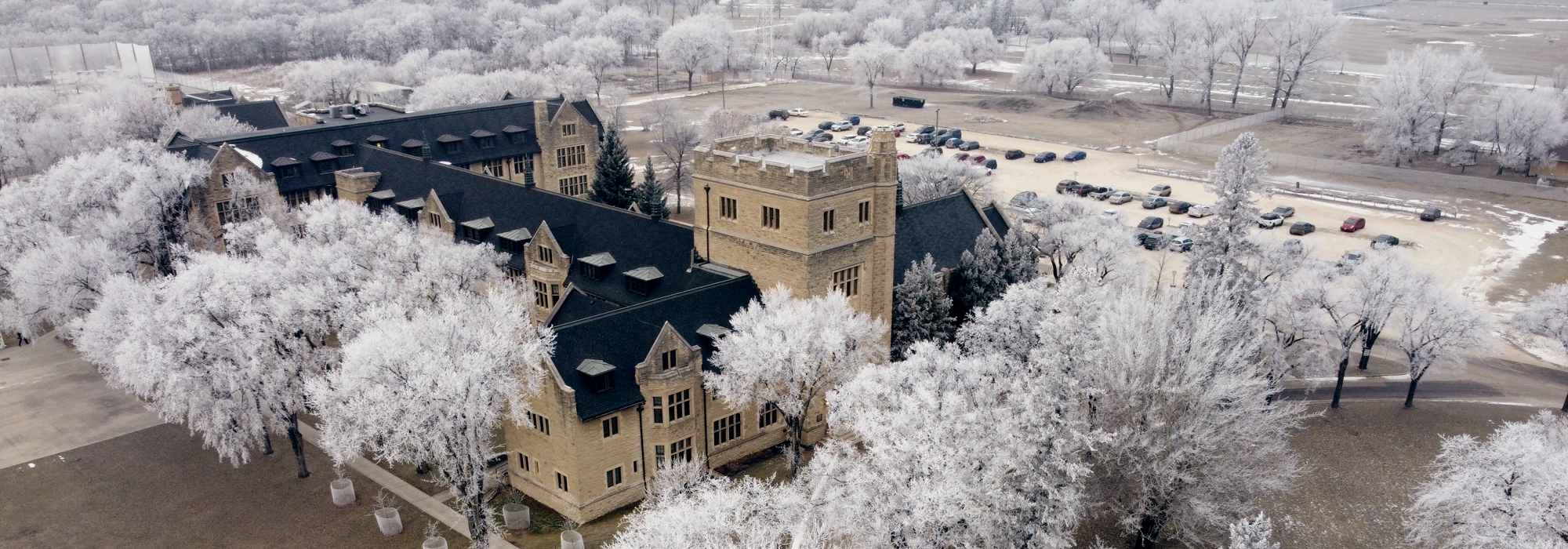CMU Blogs

More than methodology: reflections on qualitative field research
Posted by Jonathan M. Sears | LINCZ | 2025.11.17 @ 9:00 AM
Introduction
In June 2025, as I walked along Leopold Takawira Avenue to the Bulawayo City Hall parking lot, I did not expect that I would end up dancing on stage with a celebrity emcee. What's more, I never could have imagined the social media footprint of the video of this encounter would exceed 90,000 views and 3,000 likes and counting. Ultimately, I came to a deeper understanding of what shapes me as a qualitative researcher.
Read MoreUnleashing the Power of GPS for Community-Driven Sustainability
Posted by LINCZ Staff | LINCZ | 2025.11.03 @ 9:00 AM
By Bulisani Mlotshwa and Ntuthuko Ngwenya, MCC Zimbabwe
At the heart of the LINCZ project is the integration of scientifically backed, nature-based solutions with the knowledge of local communities. Dr. Natalia Wiederkehr's recent research visit to Zimbabwe demonstrates how technologies such as GPS (Global Positioning System) and satellite images can be tailored to support sustainable practices in smaller communities. Join us in exploring how this approach can lead to meaningful change.
Read MoreLINCZ and Nature+: Highlights from MCC Zimbabwe's visit to Kenya
Posted by LINCZ Staff | LINCZ | 2025.10.06 @ 9:00 AM
What Does Climate Change Adaptation Look Like in Real Life, Beyond Workshops and Reports?
In September, a team from Mennonite Central Committee (MCC) Zimbabwe had the opportunity to participate in an exchange visit to Kenya for the Nature Positive Food Systems for Climate Adaptation (Nature+) project, led by Canadian Foodgrains Bank in partnership with Global Affairs Canada. The purpose of our visit was to learn from MCC Kenya and to share our own experiences as related to the LINCZ project.
Read MoreHanding Over the Pen: What Community-led Conservation Taught Me in Rural Zimbabwe
Posted by LINCZ Staff | LINCZ | 2025.09.01 @ 9:00 AM
When I arrived in the dusty, sun-drenched Mwenezi district of southern Zimbabwe my task was clear: pilot a tool I developed to assess the conservation of medicinal plants at the grassroots level. It seemed straightforward on paper—I was eager to see how communities engage with biodiversity, not just as a concept in global conservation systems, but through lived experience. What unfolded during our few days of piloting felt far more personal, layered, and instructive than I could have imagined.
Read MoreGendered Impacts of Climate Change in Zimbabwe
Posted by LINCZ Staff | LINCZ | 2025.08.04 @ 9:00 AM
Climate change is disproportionately impacting women in rural communities in Zimbabwe. Culturally, women are primarily responsible for domestic responsibilities such as such as fetching water, providing food for their families, and keeping their households clean.
Environmental changes driven by climate change, such as more frequent droughts and irregular rainfall, are making it increasingly difficult to carry out these tasks.
Read More





 Print This Page
Print This Page